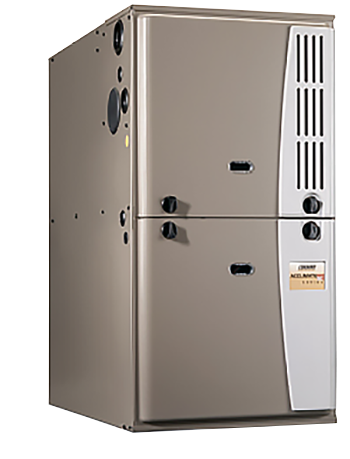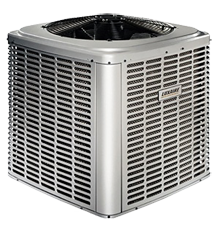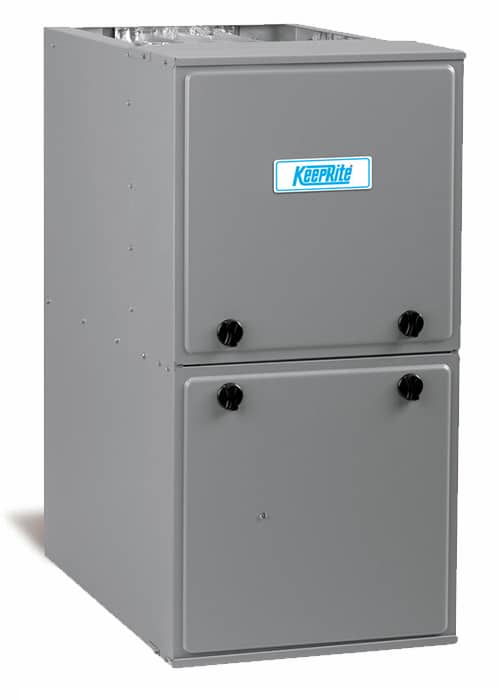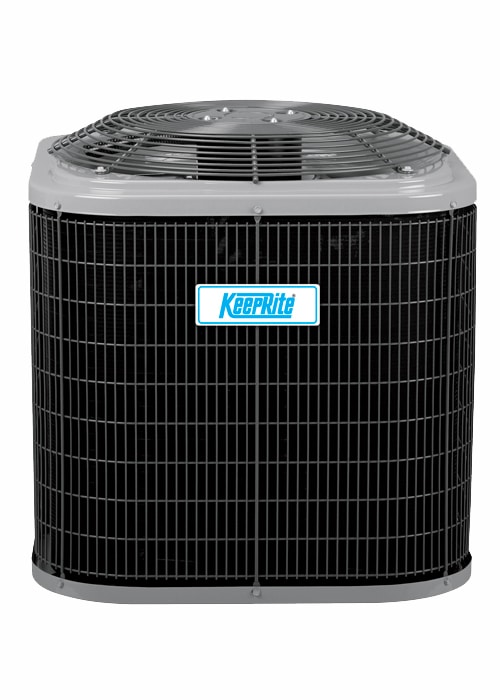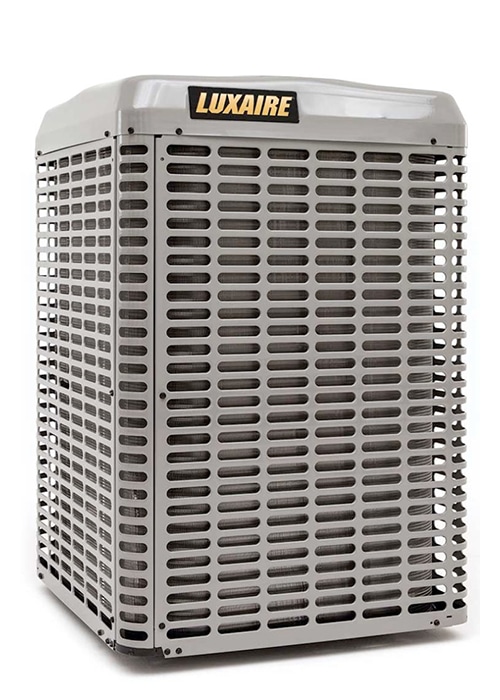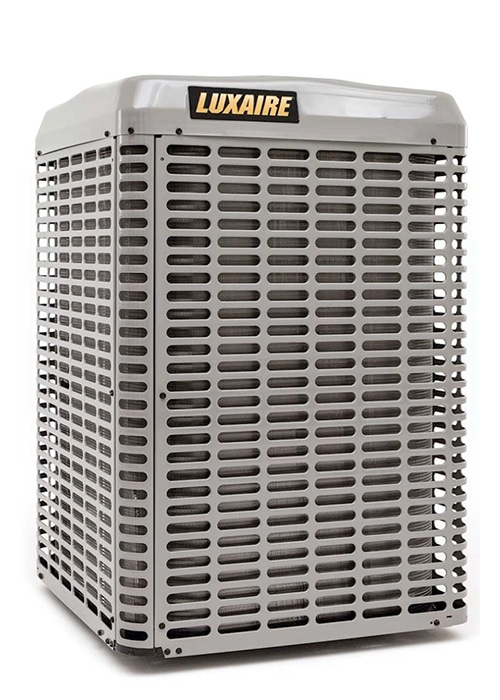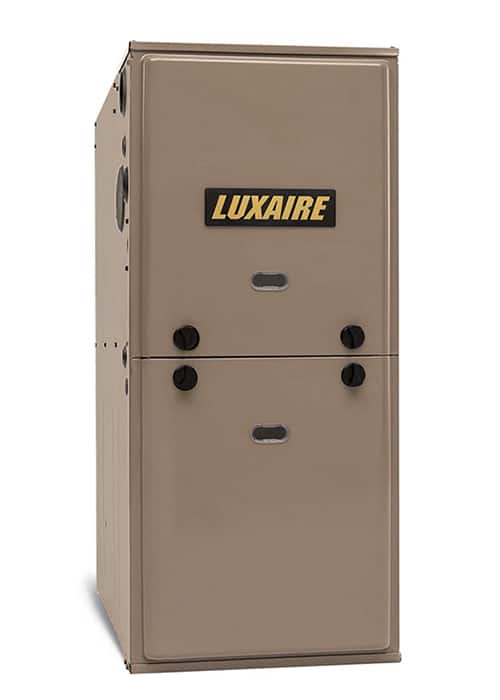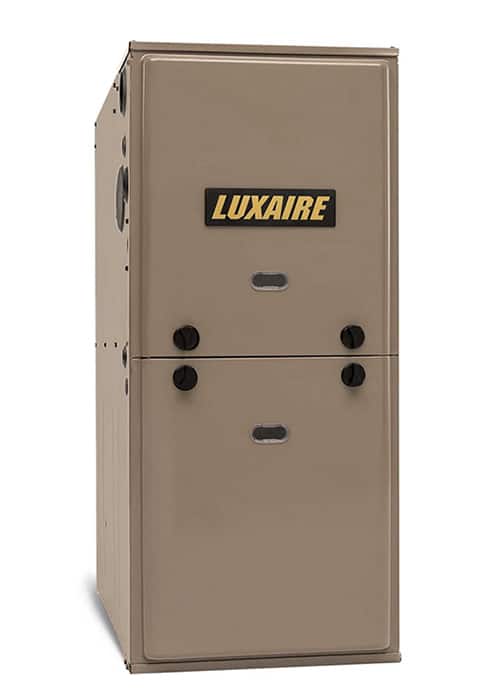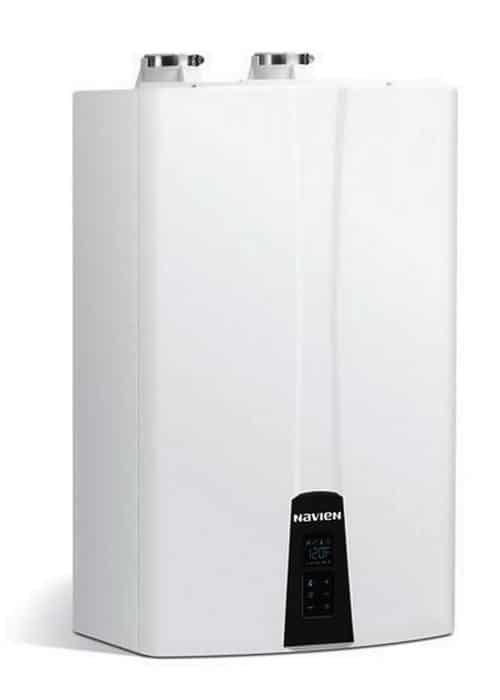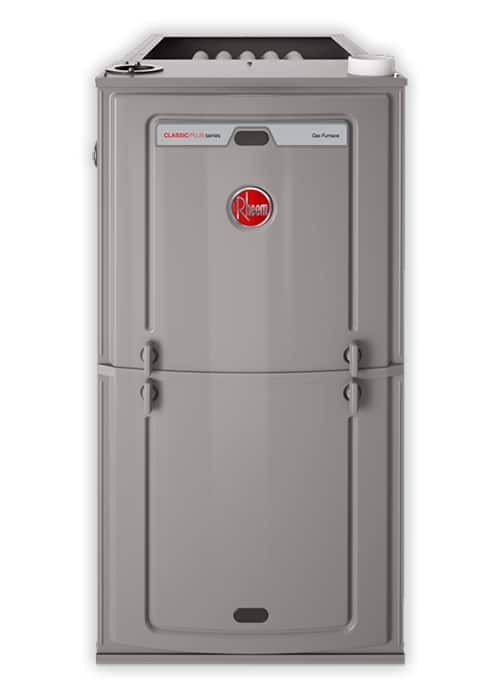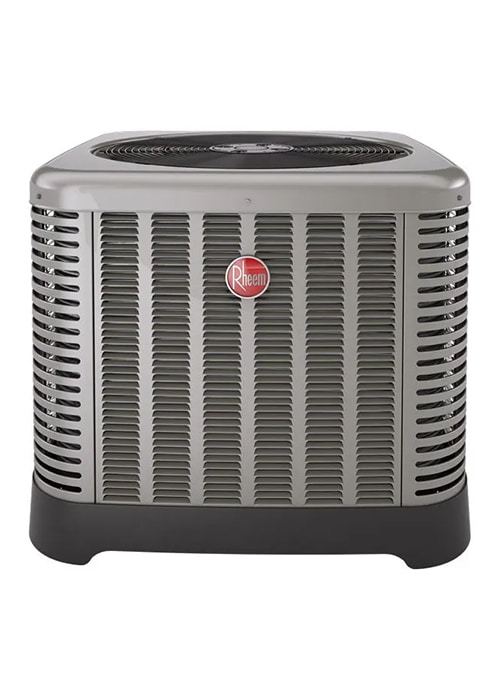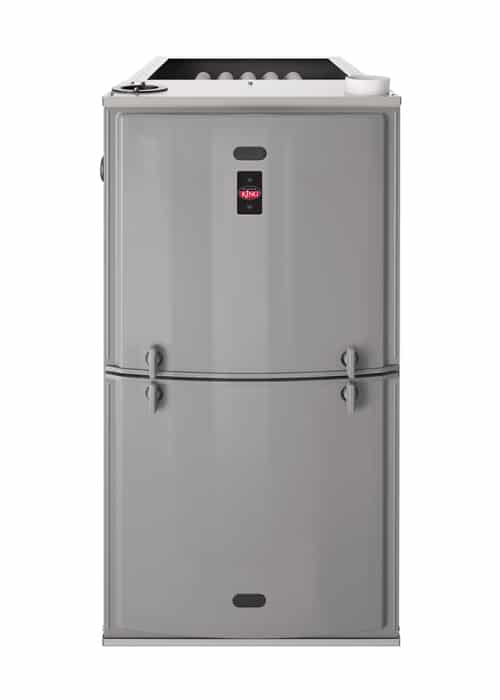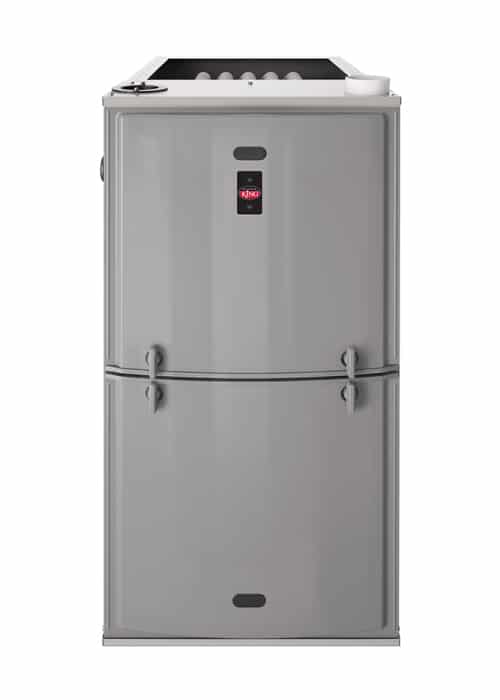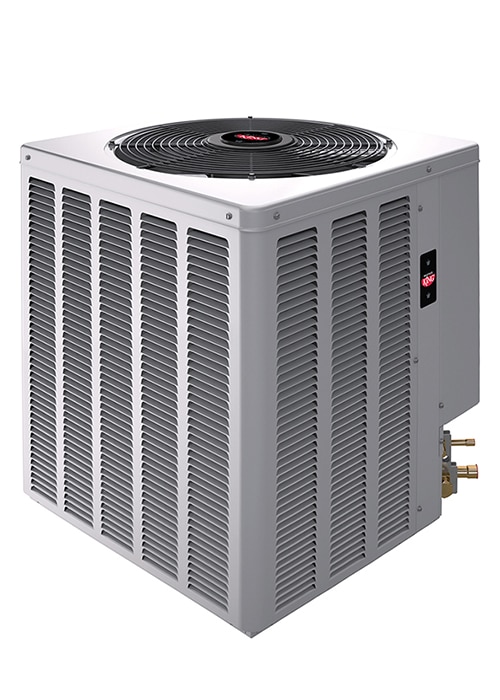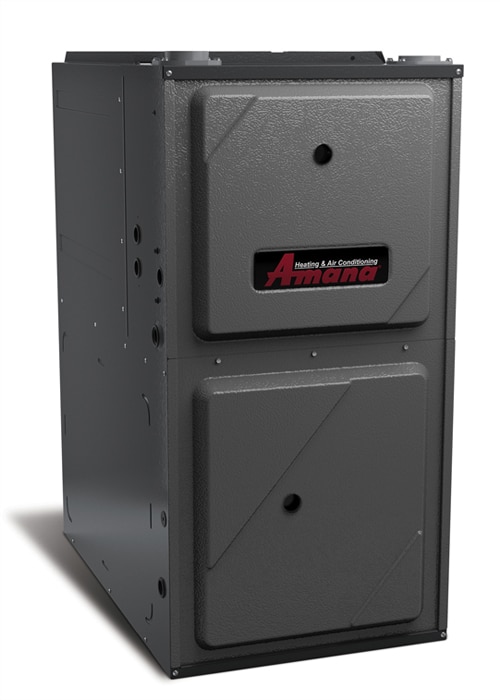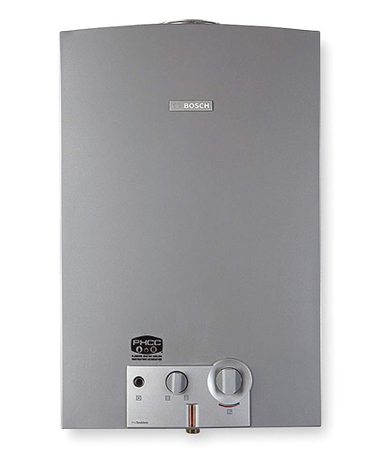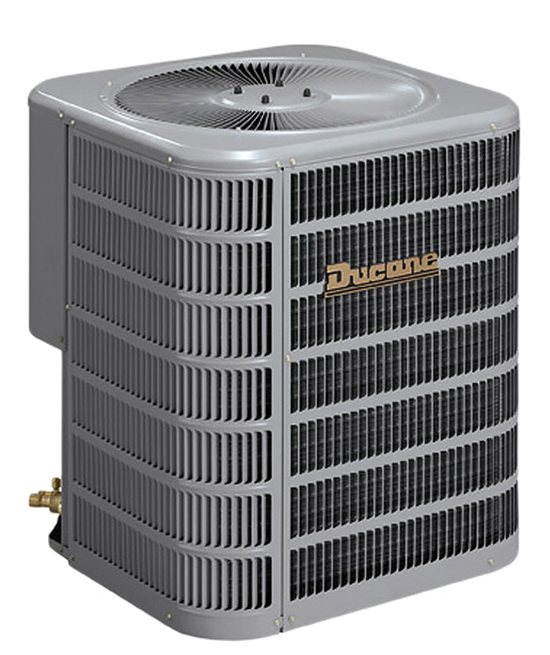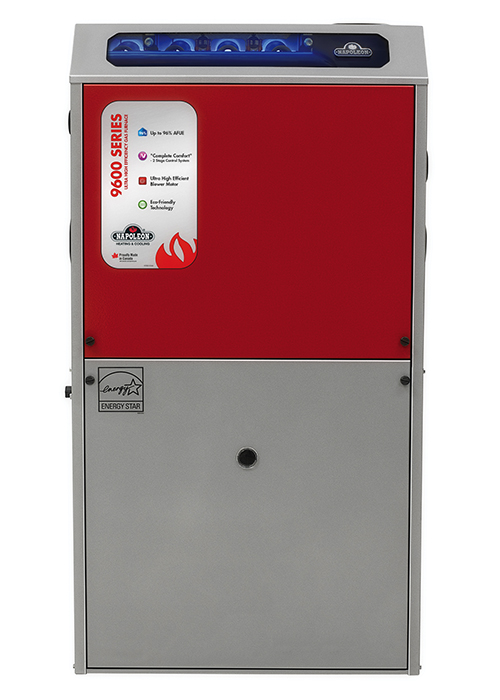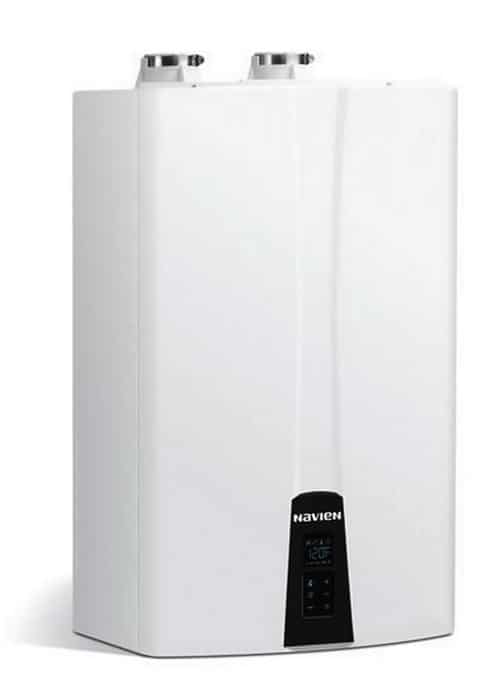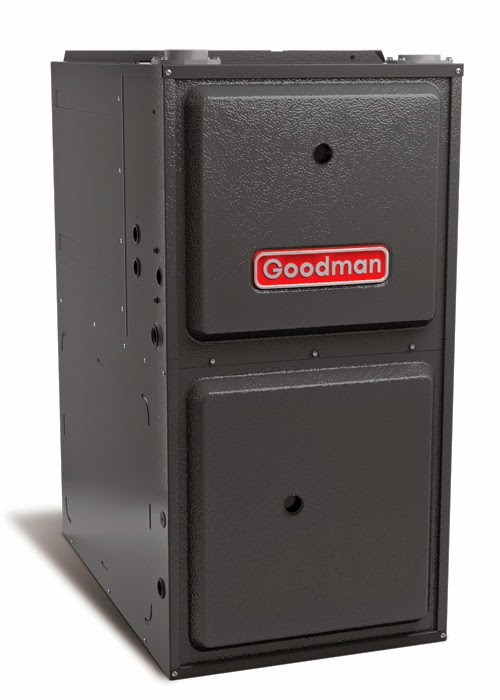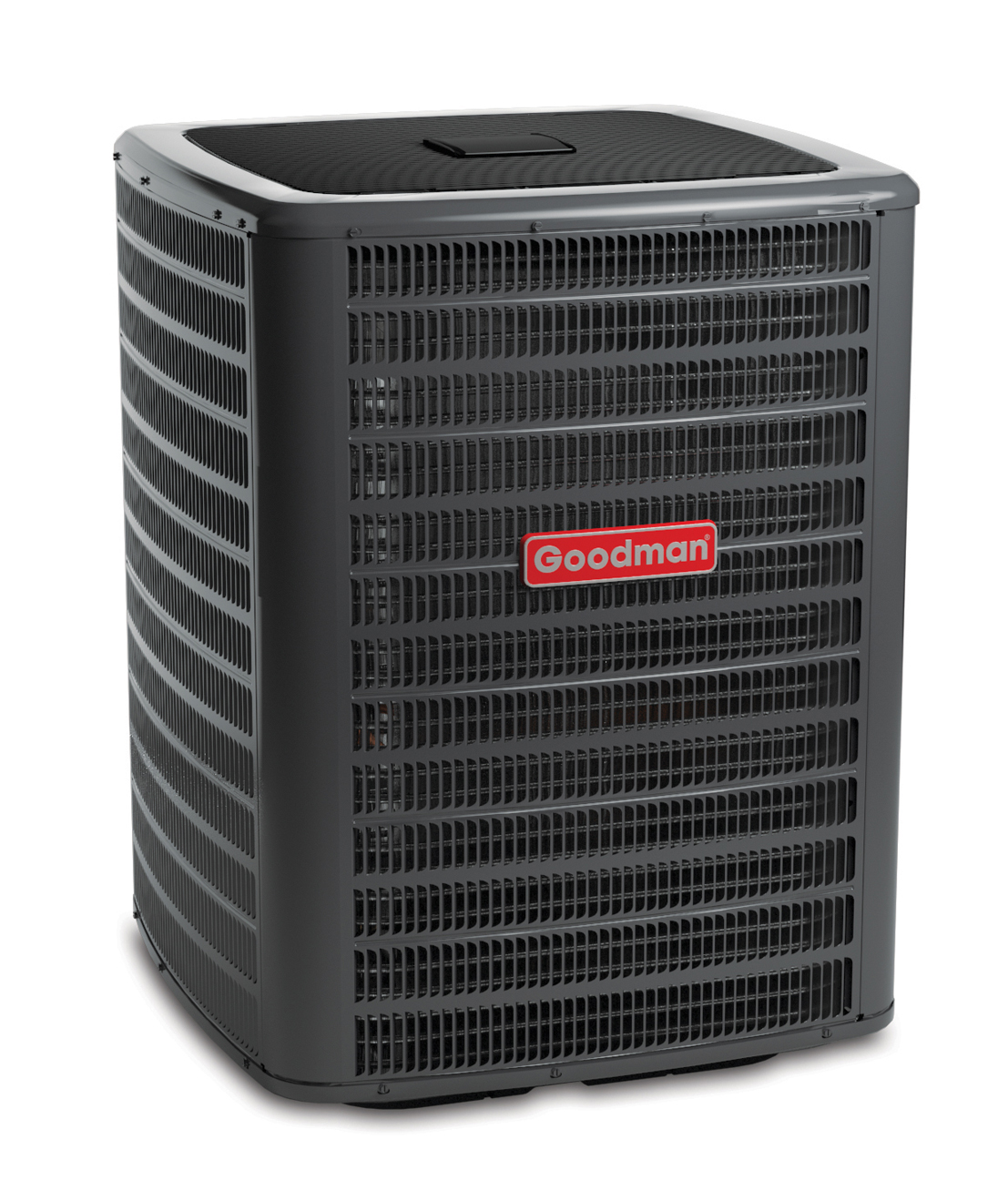Natural Gas vs. Electric Stoves: Pros and Cons
Deciding what you cook with is an important decision when choosing new home appliances so it’s good to know what’s best for your home: a natural gas or electric stove.
Natural Gas Stoves
The benefit of natural gas stoves is that they heat and cook food quickly. The downside is that not every home has a natural gas connection. Installing a new gas line in your home should only be done by a trained professional as the process is complex and amateur installation is strongly discouraged.
Improvements in technology and design mean that new gas stoves have a more consistent flame, heat up quicker, and use less energy. If you have been using an older gas stove, you’ll notice that after upgrading to a new model you’ll be able to cook food faster than before.
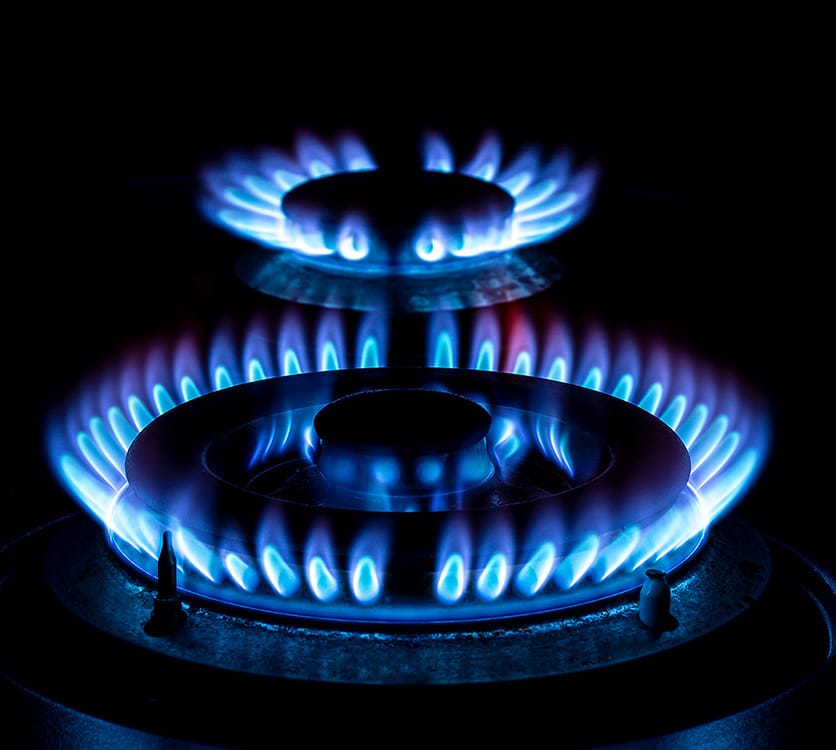
An added benefit of gas stoves is that they work during power outages, so you’ll still be able to cook food while the rest of your appliances are powerless. This could be a lifesaving benefit in dire situations.
Electric Stoves
Similar to gas stoves, new electric stoves have improved greatly in terms of design and capabilities compared to older models. If you have cooked with an old electric stove before you know that they take a while to heat up and can have certain hot and cold points that leave food unevenly cooked. New electric stove models have brought heat-up times down to only a few minutes.
Electric stoves typically have a lower price than gas stoves, but they are also more expensive to operate due to the price of electricity. The cost to run an electric stove is around 2x more than a gas stove.
A benefit of electric stoves is that they’re more consistent with the amount of heat they produce. Turning the knobs to the same setting on a gas stove could produce different flame intensities, but this is not the case with electric stoves. With an electric stove, the same setting will produce the same amount of heat every time.
Ovens
In most homes, the oven and stove are a part of the same appliance with burners on top and an oven for baking on the bottom.
Many home cooks will prefer an electric oven for baking because of their consistency and the dry, even heat they produce is better for certain baked goods like cookies and oven-baked fries. The downside is that it is more expensive to operate an electric oven than a gas oven.
Additionally to being cheaper to operate, natural gas ovens cook food faster because they use more humid air.
Hybrid Stoves
If what you’re looking for is gas burners on top with an electric oven below, or vice versa, then a hybrid stove is what you need.
A hybrid stove will let you enjoy the benefits of both natural gas and electric cooking. You can bake using the dry, even heat of an electric oven and use the responsive gas stove to quickly sear meat or stir-fry veggies.
Tips on Saving Energy
If you’re not looking to change your kitchen’s stove or oven at this moment, there are still a number of things you can do to save energy and improve your cooking experience.
Have you considered upgrading your cookware? After years of use an old pan can become warped which results in unevenly cooked food. Upgrading to new cookware will allow you to disperse heat evenly when cooking so that your dishes can turn out just how you like them.
If you cook with a natural gas oven you can use a baking stone to evenly distribute heat in the oven. Baking stones absorb and retain heat allowing for a consistent cooking temperature. Using a baking stone is a great way to get a crispy crust on bread or pizza.
Easy Rentals...






